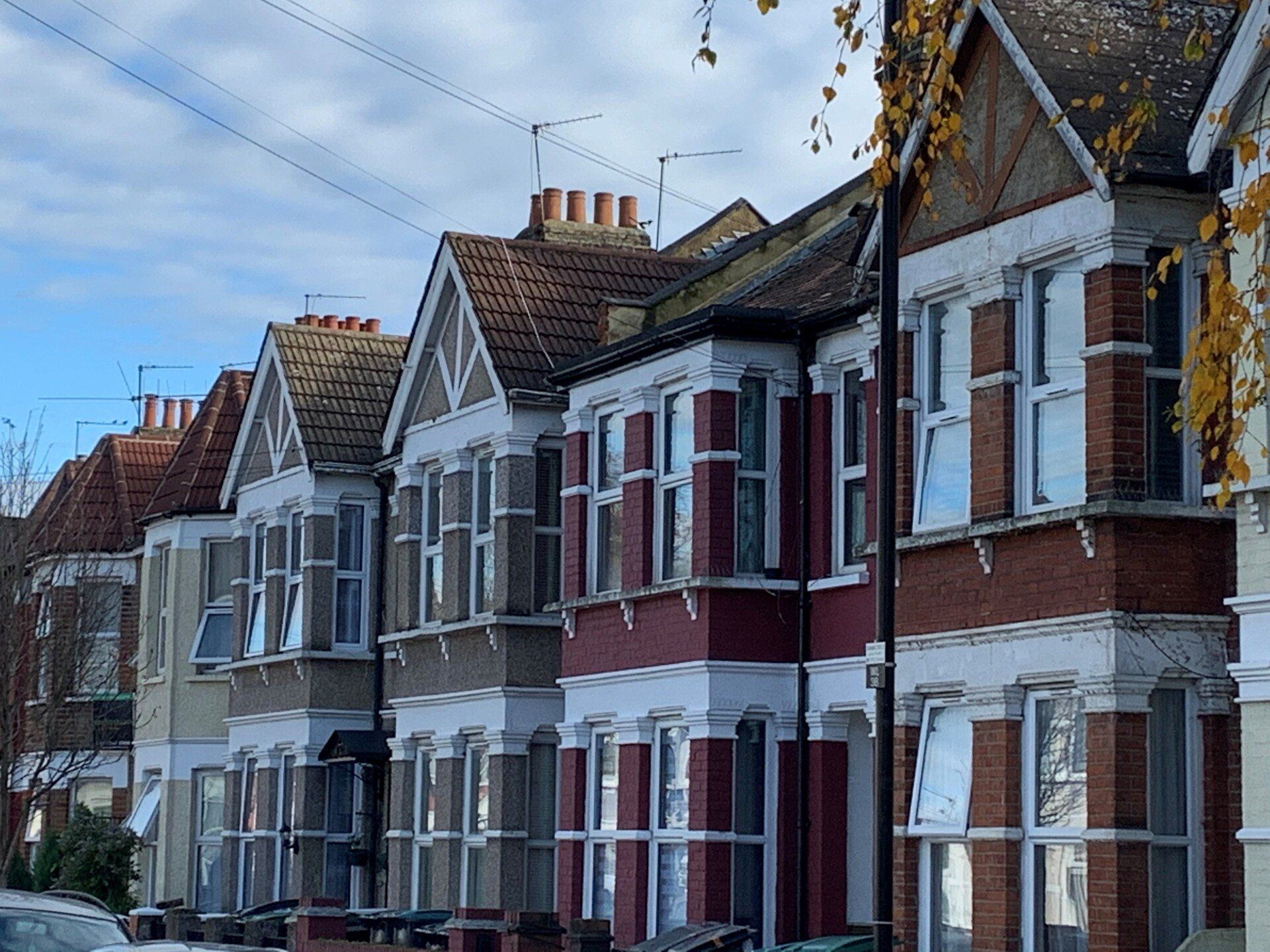How Do I Know When I Can Access Rights Under the Party Wall?
When you plan to extend your property, build near your neighbour’s home, or carry out basement work, the Party Wall etc. Act 1996 comes into play. But what exactly are your rights under the Act—and how do you know when you can legally exercise those rights?
Whether you're a homeowner, contractor, or neighbour affected by upcoming work, understanding your access rights under the Party Wall Act is vital to avoid costly delays, legal issues, or neighbour disputes.
In this blog, we’ll break down:
- What rights the Party Wall Act gives you
- When and how those rights apply
- How to access neighbouring property legally
- Real-world examples and professional advice
What Is the Party Wall Act?
The Party Wall etc. Act 1996 is a legal framework in England and Wales that governs building work that affects shared walls (party walls), boundary walls, and excavation near neighbouring buildings.
It is designed to:
- Protect both property owners
- Prevent structural damage to adjoining buildings
- Encourage open, legal communication between neighbours
If you’re planning work that could affect a party wall, you’re legally required to serve a Party Wall Notice to your neighbour, and in some cases, receive written consent or go through a dispute resolution process with appointed surveyors.
What Are Your Rights Under the Party Wall Act?
The Act grants specific rights to building owners. These include:
Right to Build on or Adjacent to a Party Wall
If a wall divides two properties, and you're building an extension or altering the structure, the Act gives you the right to work on the party wall, including cutting into it or raising it (within limits).
Right to Carry Out Excavation
If your construction requires digging within 3 or 6 metres of your neighbour’s structure and below their foundation level, you must notify them. Once proper notice is served and agreed or resolved, the Act allows you to carry out those works.
Right of Temporary Access
This is one of the most questioned areas: you may have the right to access your neighbour’s land if the work cannot reasonably be done without it, but only under specific conditions.
When Can You Access Neighbouring Land?
You cannot simply enter your neighbour’s property for construction purposes unless:
You’ve served the correct Party Wall Notice
You’ve received written consent or gone through dispute resolution
The work can’t be carried out safely or practically without access
This access might include:
- Erecting scaffolding
- Applying weatherproofing
- Cutting into or working on a wall from their side
- Making structural reinforcements
Important Note:
Even if your work is lawful under the Party Wall Act, you must still give reasonable notice (typically 14 days) before entering the neighbour’s property and should do so at reasonable times.
Common Scenarios Where Access is Required
Let’s look at real-world cases that often require temporary access:
1. Loft Conversion or Rear Extension
Raising or weatherproofing the shared wall often means accessing your neighbour’s side to make good or apply flashing.
2. Basement Construction
Temporary access may be required to install supports or monitor structural movement on adjoining buildings.
3. Scaffolding and Safety
If there's no space on your land for safe scaffolding, you may be allowed to erect it partially on your neighbour’s land.
The Role of Party Wall Surveyors
When your neighbour does not consent to your notice, each side may appoint a Party Wall Surveyor (or agree on one jointly). These professionals prepare a Party Wall Award, which outlines:
- The nature and timing of the work
- Rights of access
- Protective measures for the adjoining owner
- Any compensation arrangements
Once the award is served, it is legally binding, and access rights are formally granted according to its terms.
What Happens If You Enter Without Permission?
Accessing a neighbour’s land without proper notice or consent is considered trespassing—even if you believe the Party Wall Act gives you the right. This can lead to:
- Civil court action
- Compensation claims
- Injunctions to halt your work
It’s crucial to follow due process, serve notices, and involve a surveyor if needed.
What If Your Neighbour Refuses Access?
Refusal does not automatically block the work. Once surveyors are involved, and a Party Wall Award is issued, access can be legally enforced.
However, you must still:
- Adhere to access conditions in the award
- Minimise disturbance
- Repair any damage caused
- Leave the property in good condition
In extreme cases, if your neighbour obstructs lawful access even after the award, you may need to seek a court injunction.
Tips for Navigating Access Rights Smoothly
Serve Notices Early
Don’t wait until the last minute. Start the Party Wall process at least 2 months before work begins, giving neighbours time to understand and respond.
Communicate Clearly
Even when you're within your legal rights, a personal conversation and a clear explanation of your plans go a long way in reducing tension.
Use Qualified Surveyors
Surveyors familiar with Party Wall law can anticipate issues, negotiate calmly, and ensure your access rights are protected without escalating disputes.
Document Everything
Keep written records of all communication, notices, responses, and any agreements made. This documentation is crucial if legal action arises.
Conclusion
Knowing when you can access rights under the Party Wall Act is about more than reading the legislation—it’s about following the correct process, respecting your neighbour's property, and working with professionals when necessary.
To summarise:
- You can access neighbouring land if the work is party wall-related and cannot be done otherwise.
- You must serve notice, receive consent or a Party Wall Award, and provide reasonable access notice.
- Never assume rights get written confirmation or a legal award.
Whether you're the building owner or the adjoining neighbour, understanding these rights early prevents misunderstandings and ensures that your project runs smoothly, without falling into legal hot water.
For friendly professional advice, contact us or call now and speak with a
specialist Party Wall Surveyor.










